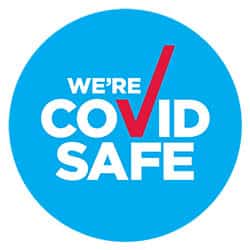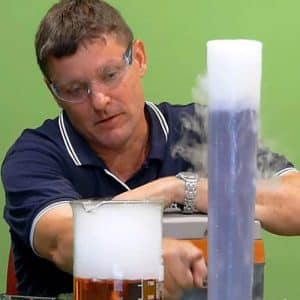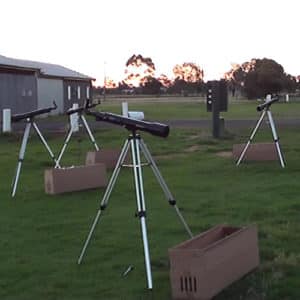An interactive hands-on workshop designed to demonstrate how a robot really works.
This engaging workshop offers students a chance to learn real-time programming in a fun atmosphere.
Using laptops and the Lego Mindstorms robots, students are asked to complete a variety of tasks whilst learning about basic programming. The programming itself is based on Lego’s easy to understand computer program, whereby students intuitively use the simple ‘drag and drop’ icons to form their code. Students are guided step by step by an experienced presenter on how to program their robot to perform precise movements as well as how to operate environmental sensors such as light and sound.
Working in pairs or threes, students are guided step by step on how to program their robot to perform precise movements as well as how to operate environmental sensors such as light and sound. The workshop concludes with students creatively programming their own robots to perform a short dance routine or another separate fun challenge chosen based on student’s abilities and interests.
This performance can also be viewed as a LIVE web conference anywhere in the world!























I just wanted to pass on how much the staff and students really enjoyed it and how perfect it was to launch our science week activities. The students were enthralled, educated and entertained – a perfect trifecta!
-Caulfield Grammar School – Big Science Big FunThanks so much for presenting at our school on Monday. Our students enjoyed the show.
-Greenvale Primary School – Big Science Big FunFizzics Education curated a thoughtful and hands-on experience for the children, incorporating practical, skill-based learning activities and followed by a science presentation at the end of the event involving liquid nitrogen. This was delivered safely and effectively, capturing both the children and the parents for the duration of the presentation.
-Macquarie Bank – Family Fun DayFizzics Education ran a show today at our school and it was wonderful. He was a great facilitator and the show was age appropriate and well done.
-Mount Zion Early learning centre – Little Science Big FunI just wanted to pass on how much the staff and students really enjoyed it and how perfect it was to launch our science week activities. The students were enthralled, educated and entertained – a perfect trifecta!
-Caulfield Grammar School – Big Science Big FunThanks so much for presenting at our school on Monday. Our students enjoyed the show.
-Greenvale Primary School – Big Science Big FunFizzics Education curated a thoughtful and hands-on experience for the children, incorporating practical, skill-based learning activities and followed by a science presentation at the end of the event involving liquid nitrogen. This was delivered safely and effectively, capturing both the children and the parents for the duration of the presentation.
-Macquarie Bank – Family Fun DayFizzics Education ran a show today at our school and it was wonderful. He was a great facilitator and the show was age appropriate and well done.
-Mount Zion Early learning centre – Little Science Big Fun